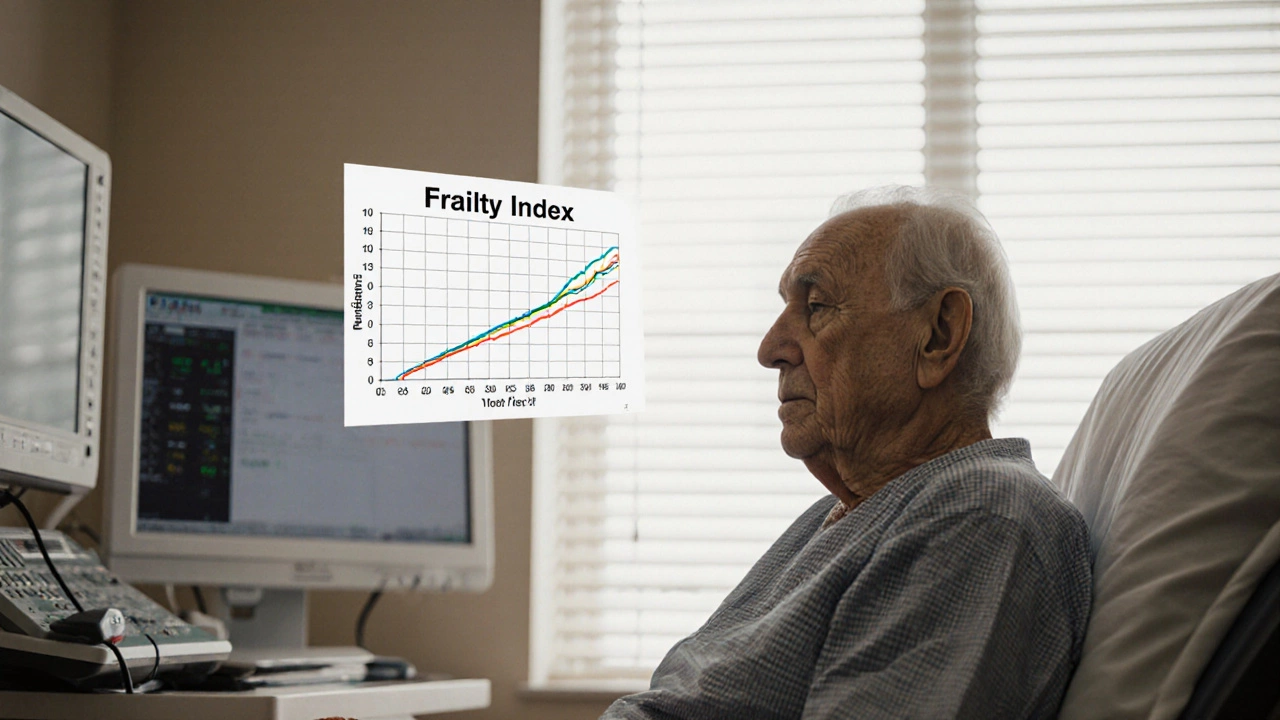Heart Surgery: What It Is, How It Works, and What to Expect
When your heart isn’t pumping right, heart surgery, a medical procedure to repair or replace damaged heart structures. Also known as cardiac surgery, it’s one of the most common and life-saving interventions in modern medicine. It’s not just about opening the chest—modern techniques vary widely, from full sternotomies to tiny incisions guided by robots. The goal? Fix blocked arteries, replace faulty valves, or correct congenital defects so your heart can do its job again.
Many people assume all heart surgery means open heart surgery, a procedure where the chest is fully opened and the heart is stopped temporarily. Also known as traditional cardiac surgery, it’s still widely used for complex cases like multiple bypasses or valve replacements. But it doesn’t always mean breaking ribs. In fact, most surgeons now use a sternotomy, a controlled cut down the center of the breastbone to access the heart. Also known as median sternotomy, it’s the standard opening—but it’s not the same as breaking ribs, which is a myth many still believe. Some patients get minimally invasive cardiac surgery, smaller incisions, often between ribs, with tools or robotic arms. Also known as keyhole heart surgery, it reduces pain, cuts hospital stays, and speeds recovery for eligible patients. Who qualifies? It depends on age, overall health, and the exact problem—not just how bad the blockage is.
Recovery isn’t just about resting. It’s about moving—carefully—at the right time. Walking within days, breathing exercises, and following a heart-healthy diet make a bigger difference than most people realize. You’ll need to avoid heavy lifting for weeks, but you don’t need to stay in bed. The real challenge? Sticking to meds, managing stress, and keeping up with follow-ups. That’s where most people slip up—not because they’re lazy, but because they don’t know what to expect.
What you’ll find below are real stories and facts from people who’ve been through it. From how long you actually wait for surgery to what happens if you skip rehab, these posts cut through the noise. You’ll see what doctors in India actually recommend, what insurance covers, and how to avoid the common mistakes that delay recovery. No fluff. Just what you need to know before, during, and after heart surgery.

Who Is Not a Good Candidate for Heart Surgery?
Not everyone with heart disease should have surgery. Learn who is at too high risk and what alternatives exist when open-heart procedures aren't safe.

How Heart Surgery Impacts Brain Health: What You Need to Know
Heart surgery can affect the brain in ways people rarely expect, from temporary confusion to long-term memory issues. Here's what changes, why, and real tips for recovery.

Most Unnecessary Heart Surgery: What You Really Need to Know
This article gets straight to the point about heart surgeries that people often don't actually need. It digs into why some procedures get done when simpler treatments might work better. We're breaking down which heart surgeries are most likely unnecessary, what leads doctors to recommend them, and how you can ask the right questions to avoid ending up on the operating table for no good reason. You'll also find real-life tips on what to do if your doctor says you need surgery. Be ready to separate fact from hype.

Safest Heart Surgery: What You Need to Know
Heart surgeries can be daunting, but some are remarkably safe. This article dives into the intricacies of heart surgery, highlighting procedures that prioritize patient safety and the groundbreaking methods making them possible. If you're curious about which heart surgeries are considered low-risk and why, this read provides clear insights backed by real-world examples.

What Happens When Your Heart Stops During Surgery?
When undergoing surgery, one of the most critical things to understand is the risk of cardiac arrest, where the heart might stop beating. In such moments, the surgical team leaps into action, using various procedures and equipment to revive the heart quickly. From CPR to the use of defibrillators, the aim is always to restore circulation and ensure the patient's safety. Knowing what happens during such crucial moments can provide some peace of mind when facing surgery. Ultimately, it's a team's skill and preparedness that transform a heart-stopping event into a life-saving opportunity.

Understanding the Challenges of Day 3 Post-Heart Surgery
Day 3 following heart surgery tends to be particularly challenging for many patients. During this period, the combined effect of anesthesia wearing off and the body's heightened inflammatory response can result in increased pain, fatigue, and emotional distress. Patients may experience a mix of physical and mental challenges, which require careful management and support. This article explores the reasons behind these difficulties and offers practical advice for smoother recovery.